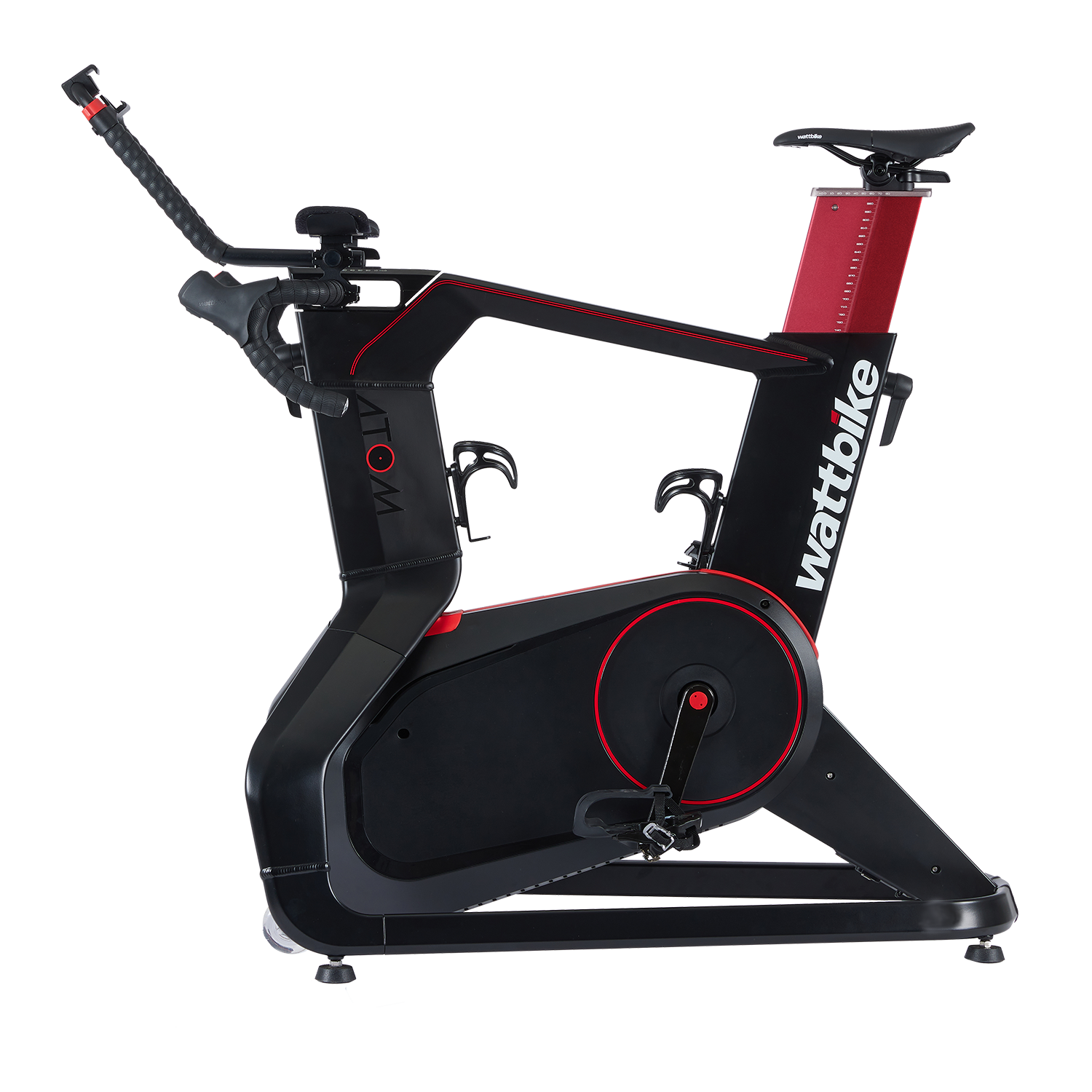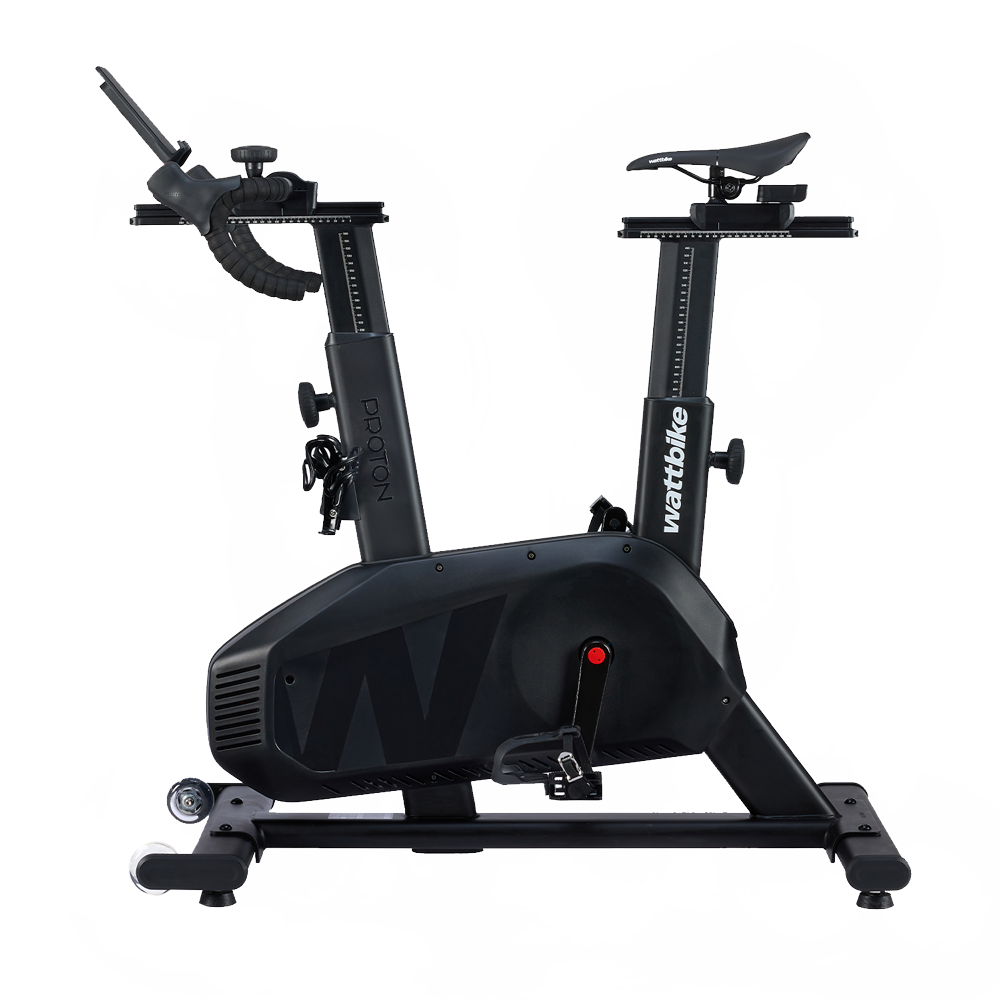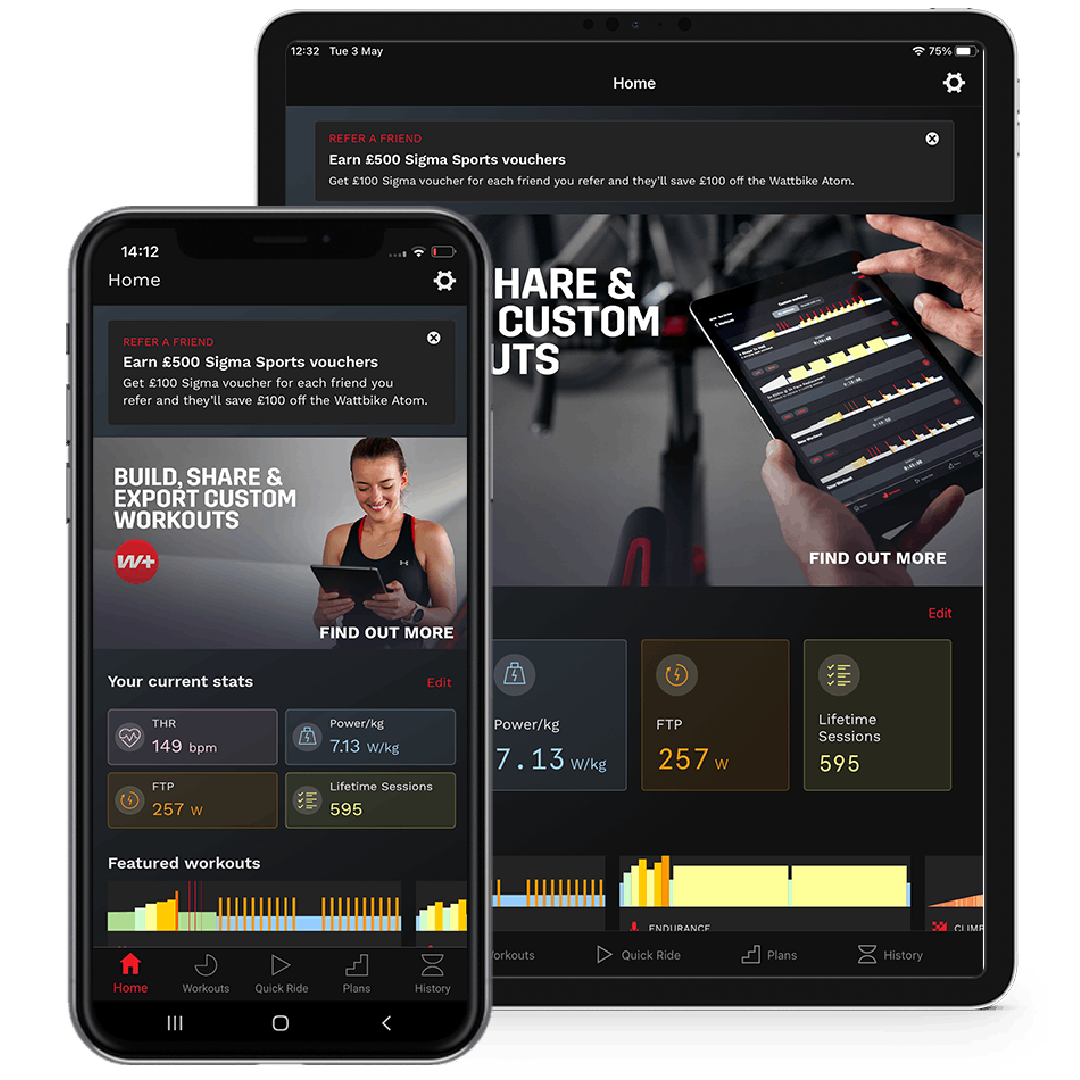Your Cart is Empty
SHOP
TRAINING & APPS
SUPPORT
news & information
Guide to Winter Training
September 28, 2021 3 min read

Winter is the ideal time to maximise your cycle base training, and although it’s a lot more fun to breeze along the open road under a warm summer sun, knuckling down for some serious watts over winter can be just as satisfying. We’ve put together our 5 top winter cycling training tips plus a bonus 12 week cycling winter training program that you can follow to focus and optimise your winter training block.
Top 5 winter cycling tips
1. Take your cycling indoors
It may seem obvious, but you’ll get your best winter training for cycling done indoors. As much as we wish we could continue speeding along country roads like we do in summer, it’s just not safe or practical when the roads are icy, wet, and it’s dark for 16 hours a day. Taking your cycling indoors will allow you to do as much training as you need to maintain your cycling fitness without worrying about what the weather is doing or if there’s a ton of traffic on your usual route.

What’s more, cycling on an indoor bike trainer will allow you to dive deep into your performance data and drill down on any improvements you need to make ready for the summer season. A good indoor bike trainer will offer live performance insights such as power output and pedalling efficiency so that you can tweak your technique and become the best cyclist you can be without the distractions that come with cycling outdoors.
2. Hit the gym
If you hate the idea of spending an hour lifting weights at the gym when you could be sweating it out in Wattopia, you’re not alone. Plenty of cyclists would rather stick with what they know and love by crushing a bike workout than doing strength training at the gym, but it’s a hugely important part of winter training for cycling.

Don’t worry about bulking up; by doing endurance resistance training with lighter weights and higher reps, you will complement your winter cycle training and keep that all-important strength in your legs, core and back to keep your performance in check. As a cyclist, you should be looking to do 3 sets of 10-12 reps for each exercise, and there’s no need to do more than an hour per session. Focus on big lifts like squats and deadlifts at the start of your session, with accessory exercises like calf raises and press ups included to keep your joints healthy and your body balanced and flexible.
3. Keep it interesting
Even pro cyclists don’t spend their entire winter doing cycle training. A lot of top cyclists happen to live in areas where cross country skiing is their go-to for the winter, but we’re not expecting you to strap on a pair of skis for your winter training. Keep your fitness ticking over by doing other forms of cardio exercise such as running, swimming or even indoor climbing to keep the passion alive and make sure you don’t get bored of cycling. Without being able to cycle outdoors as much, it’s a real possibility.
4. Optimise your performance
Winter is the time to fine-tune any weaknesses and work on perfecting your technique. While you’re doing the bulk of your cycling indoors, you can geek out on all the performance data and ride analysis to make you a better cyclist. Focus on your power output and pedalling efficiency so that it becomes second nature by the time you hit the road, and utilise expert workouts written by top coaches to improve your VO2 max and FTP.

Another important thing to focus on during the winter months is your cycling position. While you’re on a static trainer, you have a great opportunity to adjust and calibrate both your bike fit and your riding position to make sure it’s as good as it can be.
5. Maintain your bike
If you are going to be braving the outdoors during the winter months, it’s paramount you keep your bike well maintained. It’s time to change to thicker, winter tyres and keep everything well lubricated. Store your bike indoors if you can so that it’s less exposed to the elements, and check your brakes and tyres regularly for any wear-and-tear or debris that might have wedged itself into the rubber. There tends to be more debris on the roads during winter so be extra careful while out riding to avoid anything that could cause a puncture.

Also in Training

Off-Feet Conditioning: Why the Bike Is a Game-Changer for Hybrid Racing
February 13, 2026 4 min read
Hybrid racing events likeHYROX demand more than strong run splits - they require a powerful aerobic engine that can sustain output across repeated strength stations. For many athletes, especially those from a strength background, running becomes the limiting factor due to joint stress and recovery demands. Structured off-feet conditioning offers a smarter solution. Through controlled bike training, athletes can build aerobic capacity, target key intensity zones and increase conditioning volume without added impact. That’s whyWattbike andThe Hybrid Racer are helping hybrid competitors train with greater intent, durability and long-term progression.

Blue Monday: How to Stay Motivated and Build Fitness Habits That Last
January 16, 2026 3 min read
Blue Monday marks the point where motivation fades and fitness goals are tested. But long-term progress isn’t built on motivation alone. Discover how habit formation, structure and smarter training with the Wattbike Hub App can help Wattbikers stay consistent and committed. Long after January enthusiasm disappears.

Why Benchmarking Matters
December 29, 2025 5 min read
Ever wonder why some athletes make rapid gains while others plateau? The secret isn’t just hard work, it’s benchmarking. Without knowing your starting point, training can be guesswork. The right test, from an FTP or ramp test for endurance to short maximal efforts for power, gives you the data to train smarter, not harder. Benchmarking transforms every session into a targeted, purposeful workout, accelerates progress, and ensures recovery is effective. Plus, regular re-testing keeps your training in sync with your improving fitness, so you stay ahead of stagnation and build sustainable, long-term performance. Discover how to train with clarity, confidence, and measurable results.
Sign up to get the latest
Be the first to hear about Wattbike news, offers and more.








